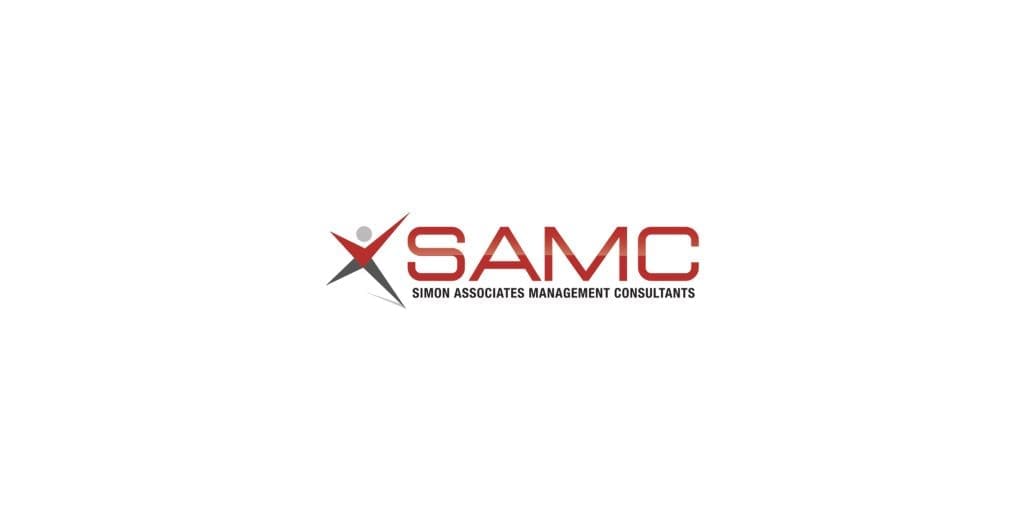 Several weeks ago, an editor of a professional publication asked me to write about sustainability. First, I said no because what did I know about sustainability? What did I know about reducing energy, about paper consumption, etc. But he meant the other sustainability ─ keeping companies relevant in changing times ─ and I do know something about that!
Several weeks ago, an editor of a professional publication asked me to write about sustainability. First, I said no because what did I know about sustainability? What did I know about reducing energy, about paper consumption, etc. But he meant the other sustainability ─ keeping companies relevant in changing times ─ and I do know something about that!
And while I do know something, the first thing I did was to do a search on this subject. When I went to Google, I read about HeinzSeed: “The Seeds of Success” but realized that was the wrong sustainability; it was primarily about our planet. So I moved on to Wikipedia. It said “a sustainable business is any organization that participates in environmentally friendly or green activities….” Still the wrong sustainability. Same thing with a McKinsey Global Survey.
Finally, on page three of the search I found something that talked about my type of sustainability. On About.com they ask the question, “What is sustainability?” And the answer is: “Webster’s definition of sustain includes meanings such as ‘to keep from falling or sinking.’” Further, they go on to say that “In business terms, to focus on sustainability might be defined as acting with long term consequences in mind and managing a business such that its processes or overall state can be maintained indefinitely…It creates long term shareholder value.” Finally I had found my type of sustainability!
Having run a company and now as a partner in a consulting company, I know that standing still is a recipe for disaster and runs in the opposite direction of building a sustainable organization. The world is changing so quickly that part of your job description as a senior manager must be running the business today while preparing for the future. That means staying ahead of the curve, anticipating where the markets are going and, equally as important, preparing to develop new markets.
When thinking about this, here are several things that can help shape you and your organization. In 2006, a breakthrough book was written entitled “Blue Ocean Strategy” which examines 150 successful companies over a period of time. In short, it hypothesized that breakthrough companies had discovered or created new markets by either anticipating new ones or providing unique twists to what they had in their hopper. These were defined as “blue oceans.” A second book entitled “Innovation Games” goes hand on hand with the first. It is a unique approach which allows organizations to play serious games to foster innovation.
These two books have successfully enabled organizations to rethink how they introduce products, services and the delivery thereof. To me, this proves that there are available, usable tools that actually work when coupled with a process for thinking about complex issues in our rapidly changing 21st century environment. Organizations that do not change are doomed to failure because they will no longer be able to sustain their position in today’s constantly shifting world.
Net, net: Sustainability in the 21st century means the ability to change, adapt and push forward! How you think about this will irrefutably determine if you will be able to embrace sustainability in the 21st century.



